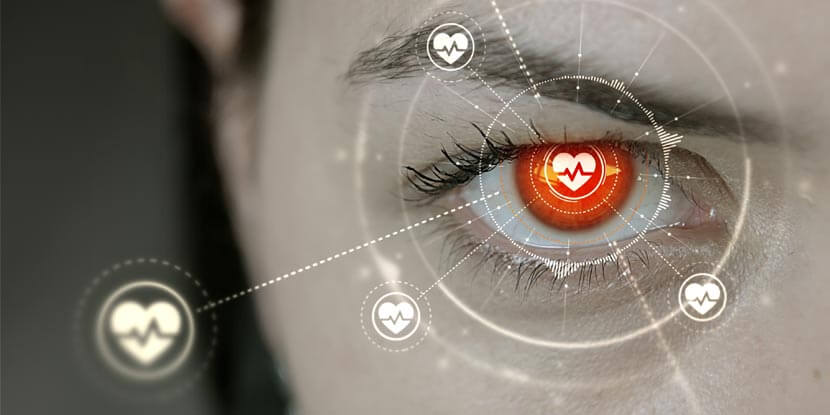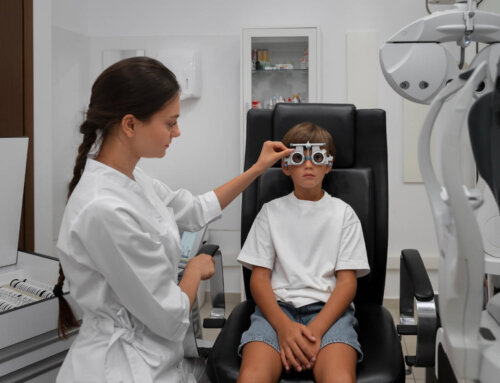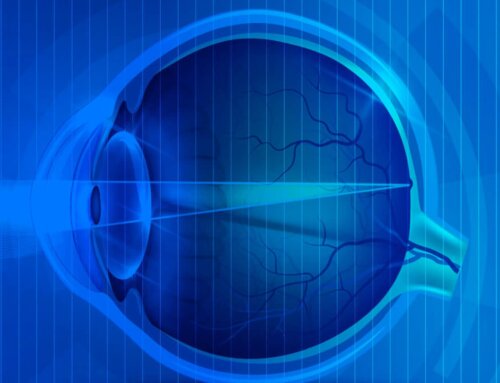Summary
Diabetic retinopathy, a major global health challenge linked to the rise of diabetes, significantly impairs vision and potentially leads to blindness due to retinal damage from high blood sugar levels.
Introduction to AI in Healthcare
Artificial Intelligence (AI) is revolutionising the healthcare landscape, offering innovative solutions that enhance diagnostic accuracy, streamline operations, and improve patient outcomes. In recent years, AI’s integration into healthcare has accelerated, driven by its ability to analyse vast amounts of data quickly and accurately. From imaging to predictive analytics, AI is transforming how medical professionals diagnose and treat diseases.
One of the most promising areas of AI application is in the field of eye health, where it aids in screening for cardiovascular diseases (CVDs). By leveraging the power of AI, healthcare providers can now harness retinal imaging to gain insights into cardiovascular health, thereby paving the way for early detection and intervention.
The Intersection of Eye Health and Cardiovascular Screening
The eye is often described as the window to the body, and advancements in medical technology are making this statement truer than ever. Retinal imaging has become a critical tool in detecting various health conditions, including cardiovascular diseases. The intricate network of blood vessels in the retina reflects the health of the vascular system throughout the body. Changes or abnormalities in these vessels can indicate the presence of cardiovascular issues, such as hypertension or atherosclerosis.
Traditionally, cardiovascular screening relied on a combination of lifestyle assessments, blood tests, and imaging studies like echocardiograms or MRIs. However, these methods can be invasive, expensive, and not always accessible to everyone. Retinal imaging, in contrast, offers a non-invasive, cost-effective alternative that can be easily performed in an outpatient setting. By analysing retinal images, healthcare providers can detect early signs of cardiovascular problems, enabling timely intervention and management.
How AI Enhances Cardiovascular Screening Through Eye Health
AI has emerged as a powerful ally in enhancing the accuracy and efficiency of cardiovascular screening through eye health. The integration of AI algorithms with retinal imaging allows for the automatic detection of subtle changes and patterns that may be indicative of cardiovascular diseases. These algorithms are trained on vast datasets, enabling them to recognise complex patterns and anomalies that might be missed by the human eye. The World Health Organisation has emphasised that AI could play a transformative role in diagnosing and treating health issues.
One of the significant advantages of AI in this context is its ability to process and analyse large volumes of data quickly. This capability not only speeds up the diagnostic process but also improves accuracy. AI can identify risk factors and predict cardiovascular events by analysing retinal images, enabling healthcare providers to make informed decisions about patient care.
Moreover, AI-driven tools can be integrated into telemedicine platforms, making cardiovascular screening more accessible to patients in remote or underserved areas. By providing real-time analysis of retinal images, AI can facilitate early diagnosis and intervention, reducing the risk of severe cardiovascular events and improving overall patient outcomes.
The Eyetelligence System
Optain Health’s Eyetelligence Assure+ is a pioneering AI system designed to enhance the screening process for cardiovascular diseases through eye health diagnostics. This advanced tool analyses retinal images to detect subtle signs of vascular health issues, providing healthcare professionals with critical insights into a patient’s cardiovascular risk profile.
Eyetelligence Assure+ not only improves diagnostic accuracy but also enables early intervention, offering a proactive approach to managing heart health. The system’s integration with telemedicine platforms extends its reach, ensuring that even remote or underserved populations can benefit from cutting-edge cardiovascular screening. The Eyetelligence Assure+ boasts a 95% accuracy rate and conforms to the performance and safety standards of over 30 countries across the EU and Australasia.
Future Prospects and Innovations
The future of AI in cardiovascular screening through eye health holds immense promise, with ongoing research and development focused on expanding its capabilities and applications. As AI technology continues to evolve, several exciting prospects and innovations are on the horizon.
AI-powered devices are becoming more portable and user-friendly, making them accessible to a broader range of healthcare providers. These devices could be used in primary care settings, pharmacies, and even at home, enabling individuals to monitor their cardiovascular health regularly. By empowering patients with tools for self-assessment, AI can promote proactive healthcare management and reduce the burden on healthcare systems.
Furthermore, the integration of AI with other emerging technologies, such as wearable devices, advanced cameras and the IoT (Internet of Things), is expected to enhance cardiovascular monitoring and management. Wearable devices equipped with AI algorithms can continuously track vital signs and provide real-time feedback, alerting individuals and healthcare providers to potential cardiovascular issues before they escalate.
As AI continues to advance, ethical considerations and regulatory frameworks will play a crucial role in ensuring its safe and effective implementation in healthcare. Collaborations between researchers, healthcare providers, and policymakers will be essential to address privacy concerns, ensure data security, and establish guidelines for AI usage in clinical practice.
The integration of AI in cardiovascular screening through eye health represents a significant leap forward in preventive healthcare. By harnessing the power of AI, healthcare providers can detect cardiovascular diseases early, improve patient outcomes, and ultimately save lives. As technology continues to evolve, the potential for AI to transform healthcare and empower individuals to take control of their health is boundless.
FAQs
How does AI contribute to advancements in cardiovascular screening?
AI enhances cardiovascular screening by analysing retinal images for early signs of cardiovascular diseases. It detects subtle patterns and anomalies that may indicate issues like hypertension or atherosclerosis, allowing for timely intervention and improved patient outcomes.
What is the connection between eye health and cardiovascular diseases?
The retina’s blood vessels mirror the vascular system’s health throughout the body. Changes in these vessels can signal cardiovascular issues, making retinal imaging a valuable tool for screening conditions such as hypertension and atherosclerosis.
How is AI used in eye health diagnostics?
AI is used in eye health diagnostics to analyse retinal images, detecting abnormalities that indicate eye diseases or systemic conditions like cardiovascular diseases. AI algorithms quickly process large data sets, improving diagnostic accuracy and efficiency.
What future developments are expected in AI and cardiovascular screening?
Future developments include more accurate AI algorithms for detecting a broader range of cardiovascular conditions, portable AI-powered devices for regular monitoring, and the integration of AI with wearable technology for continuous health tracking. These advancements promise to improve early diagnosis and personalised care.





